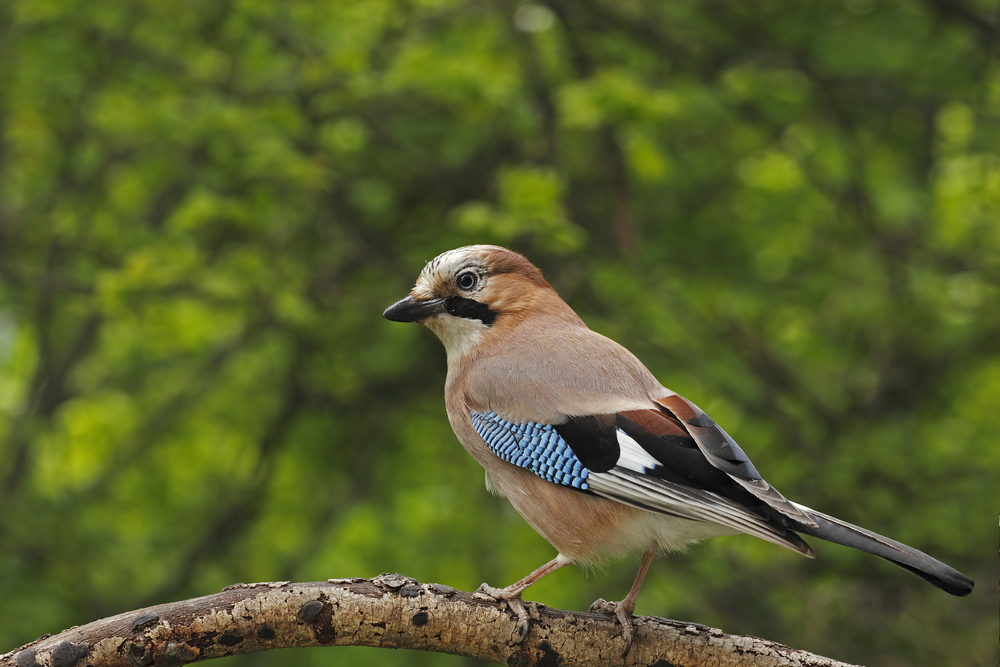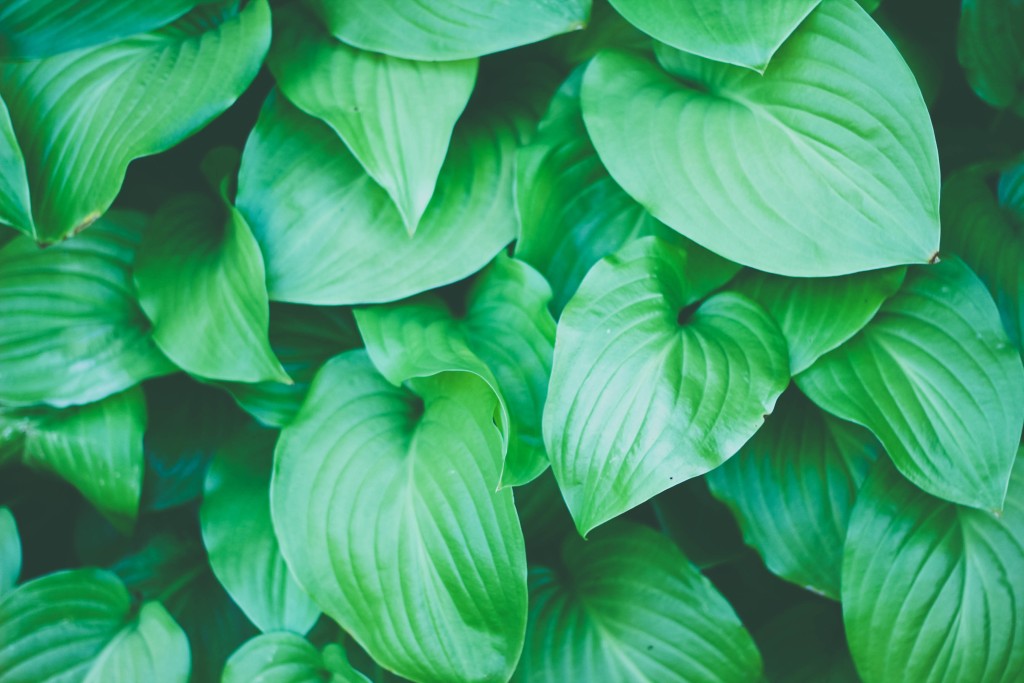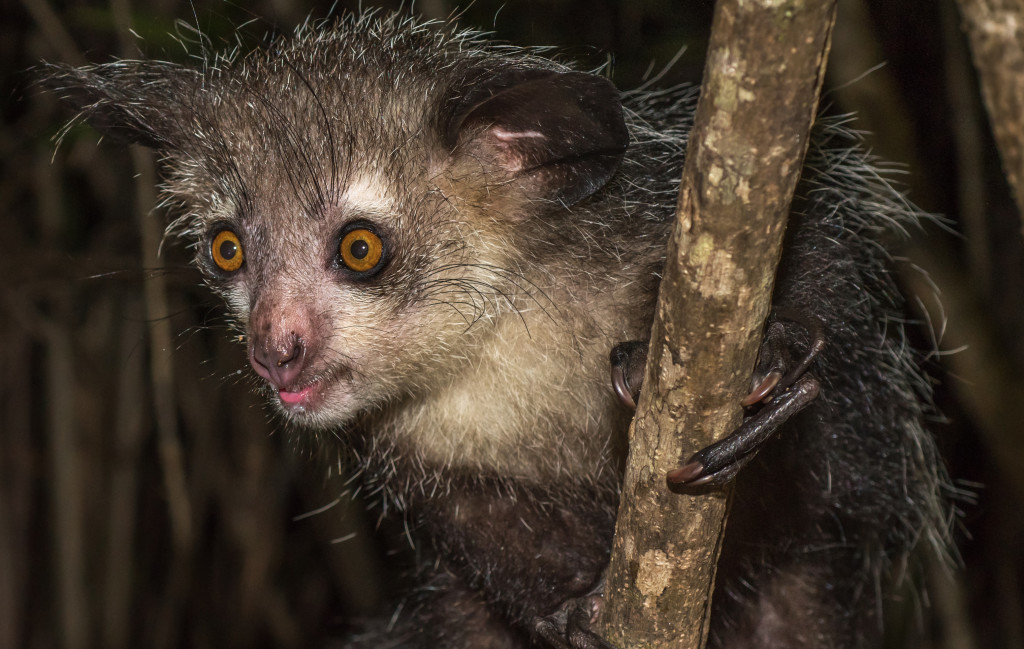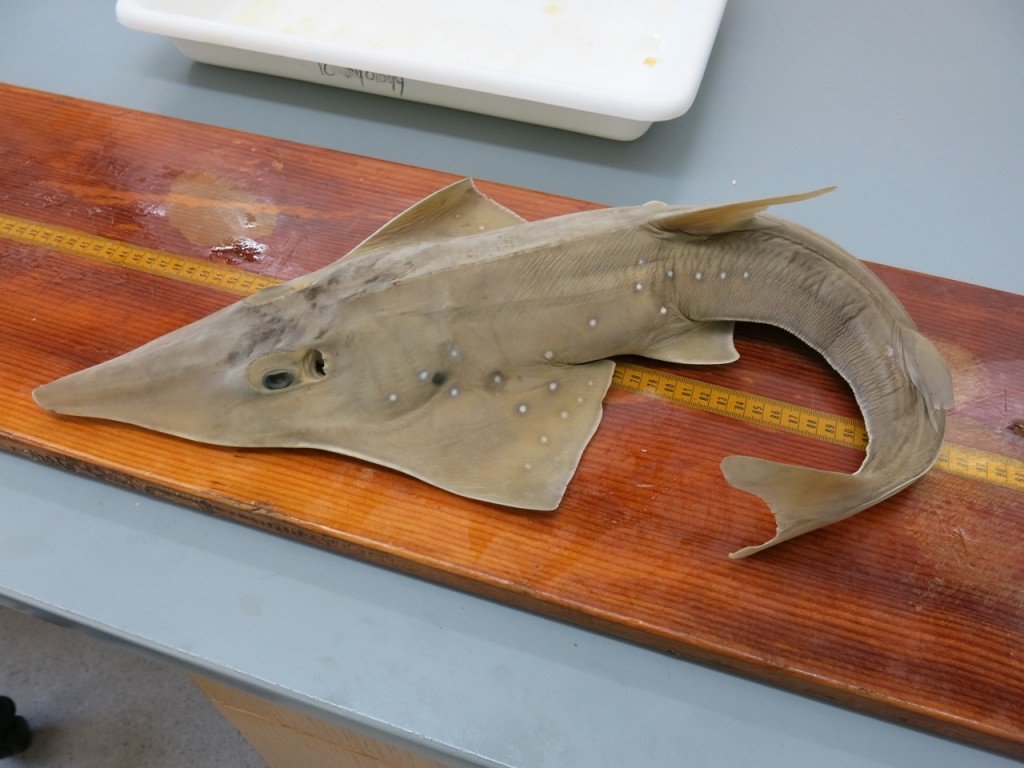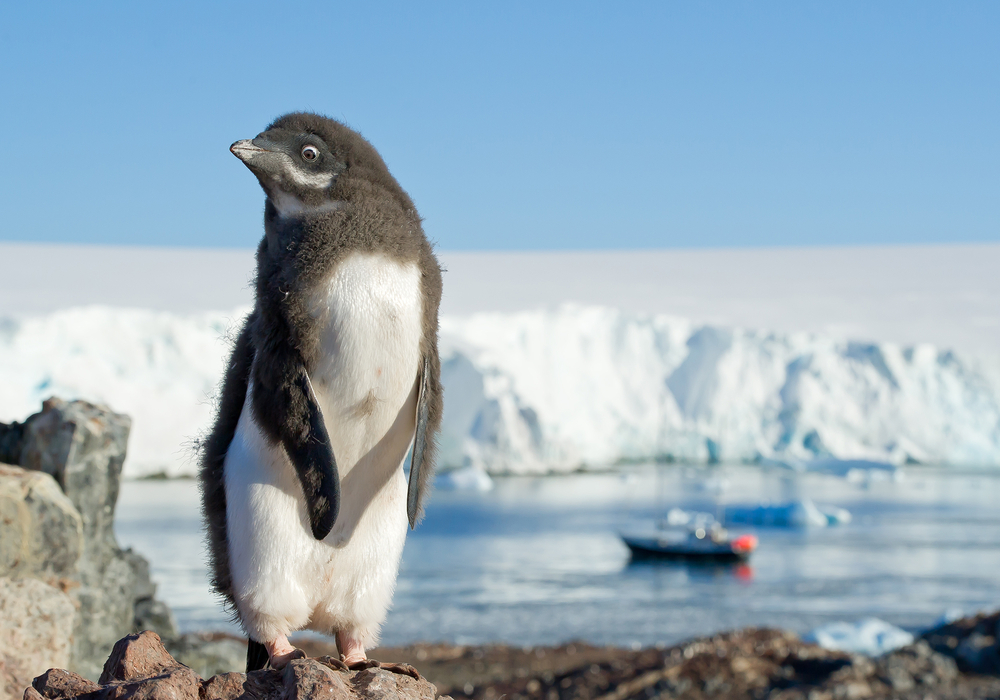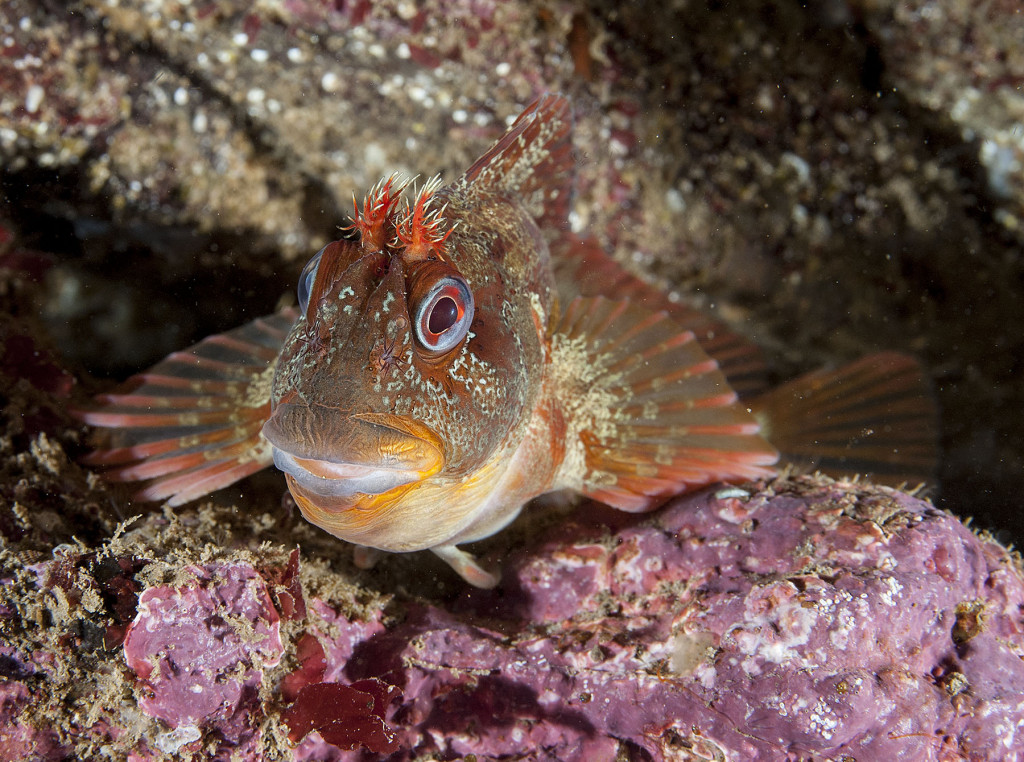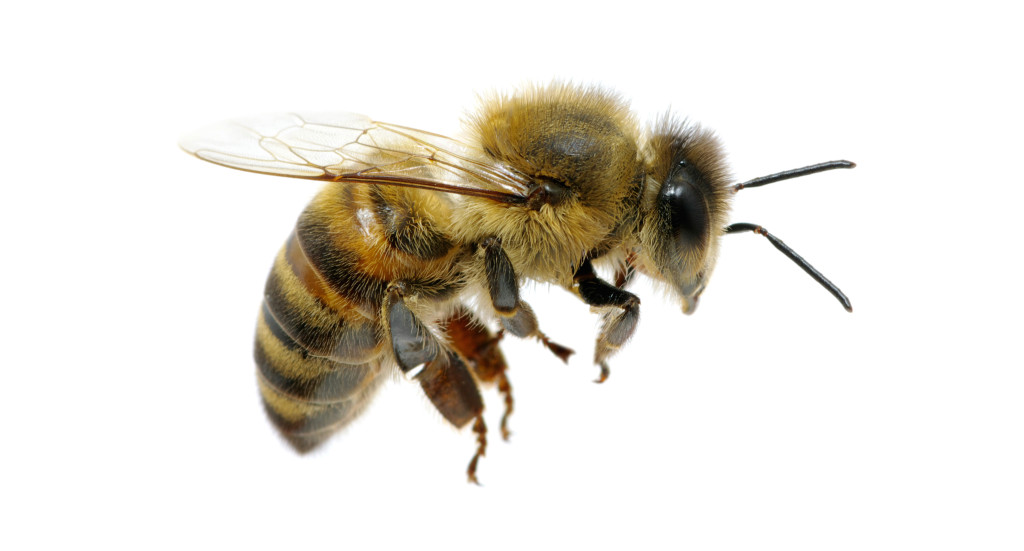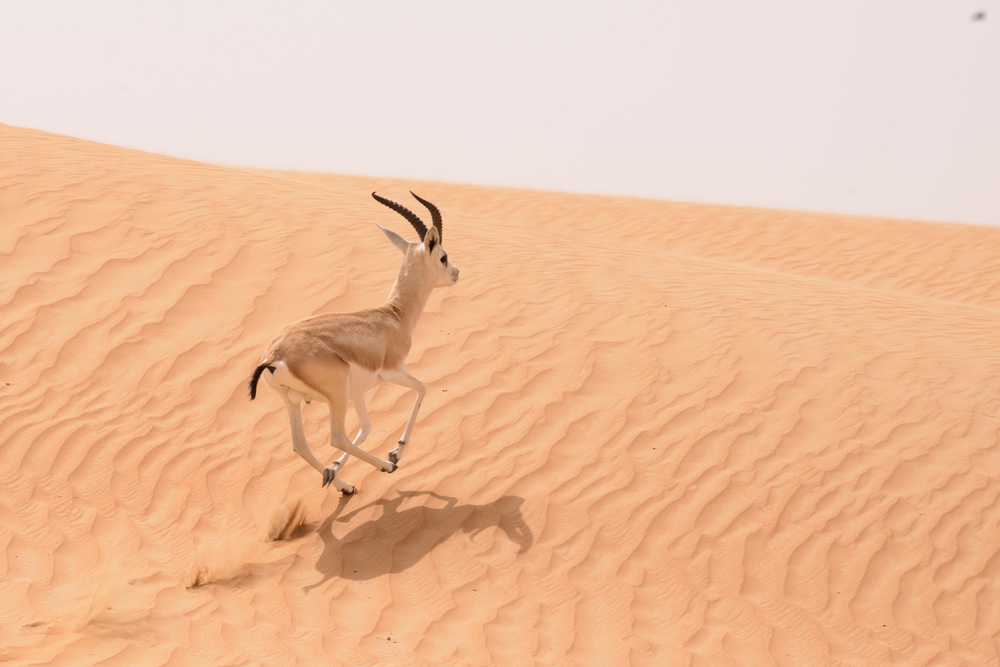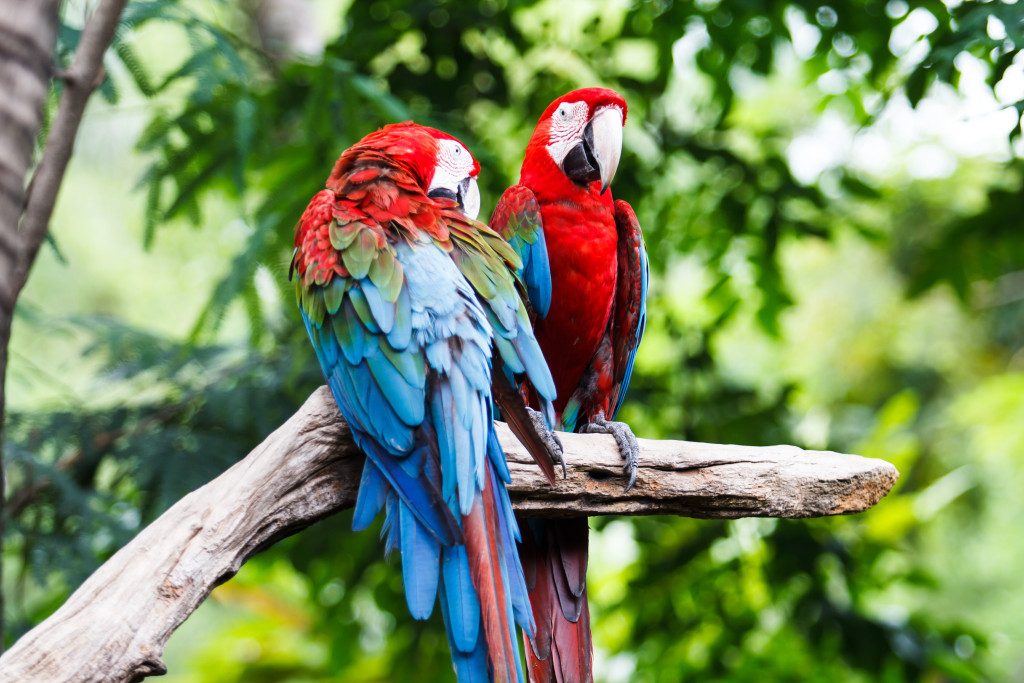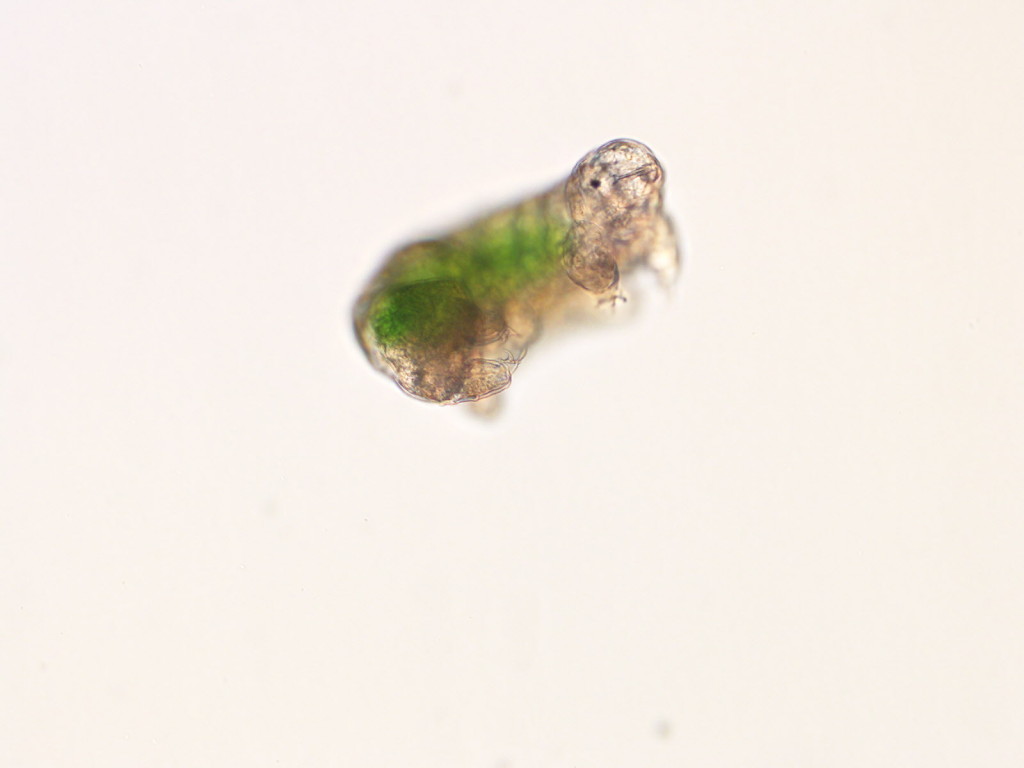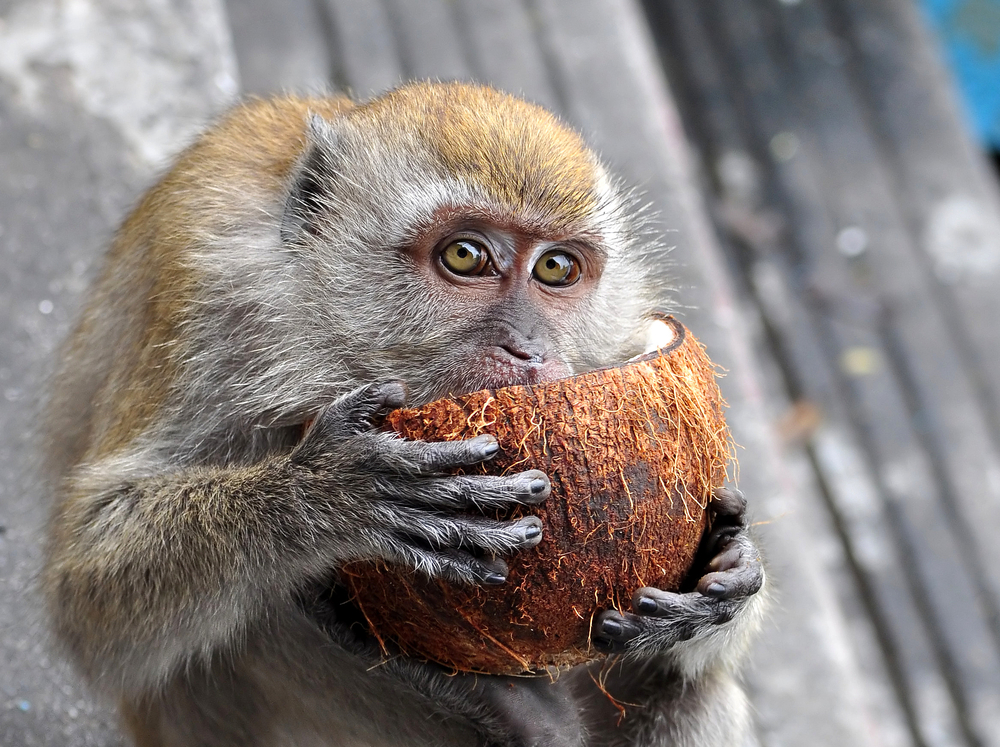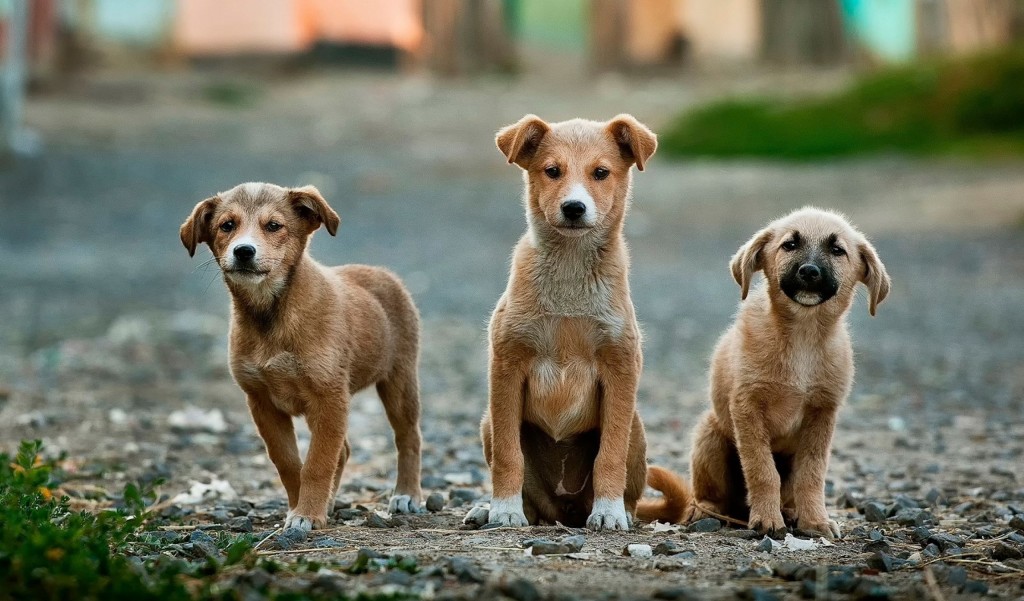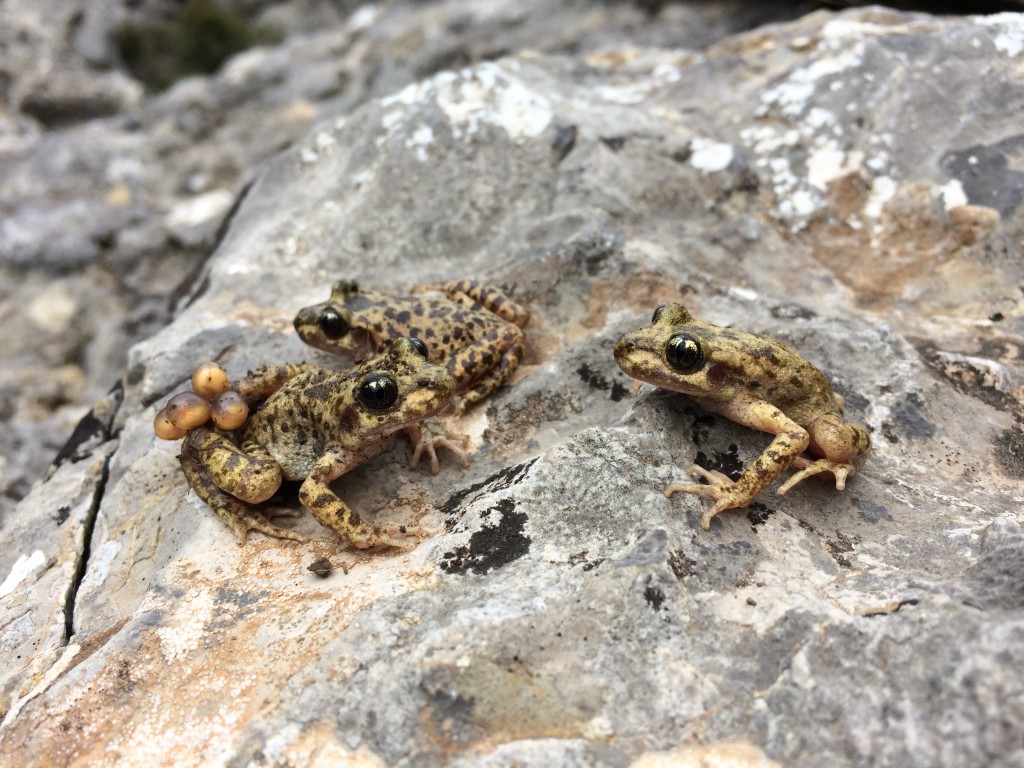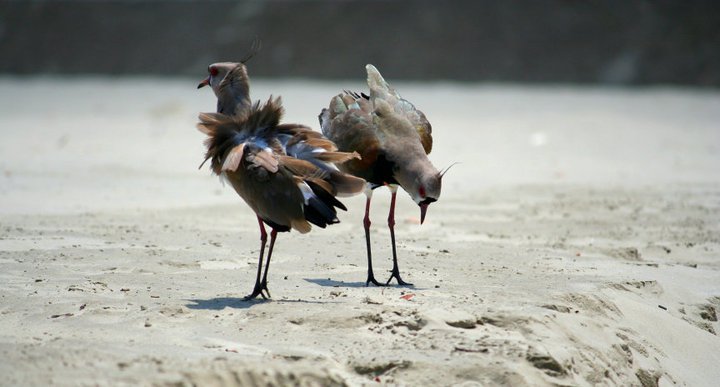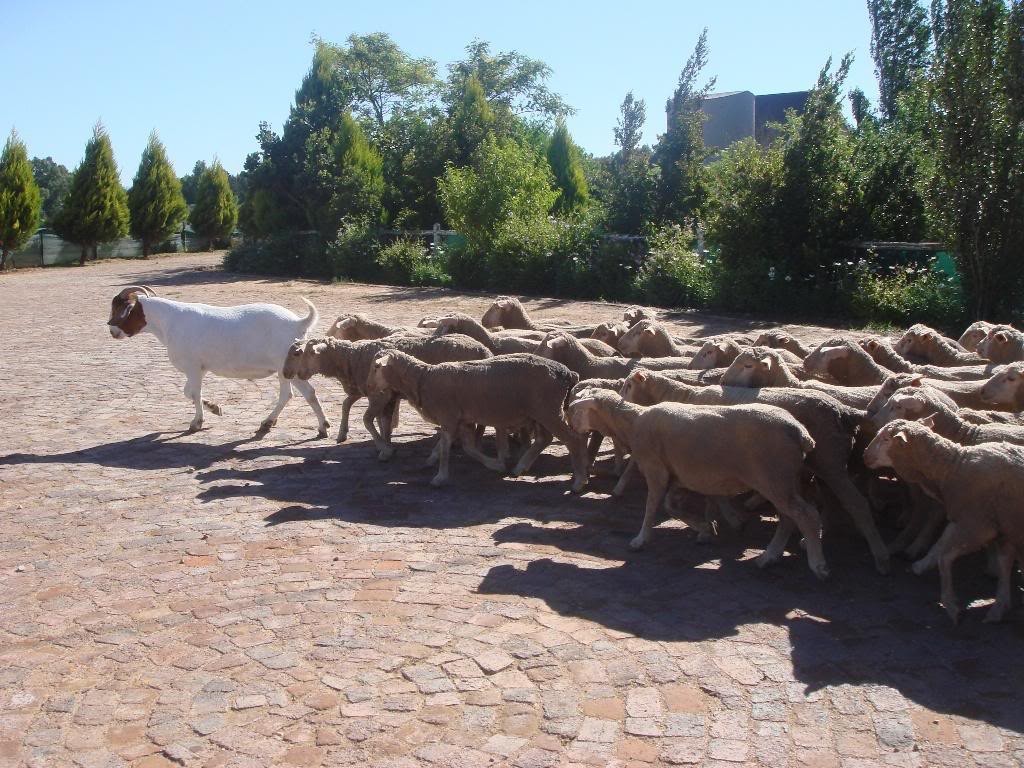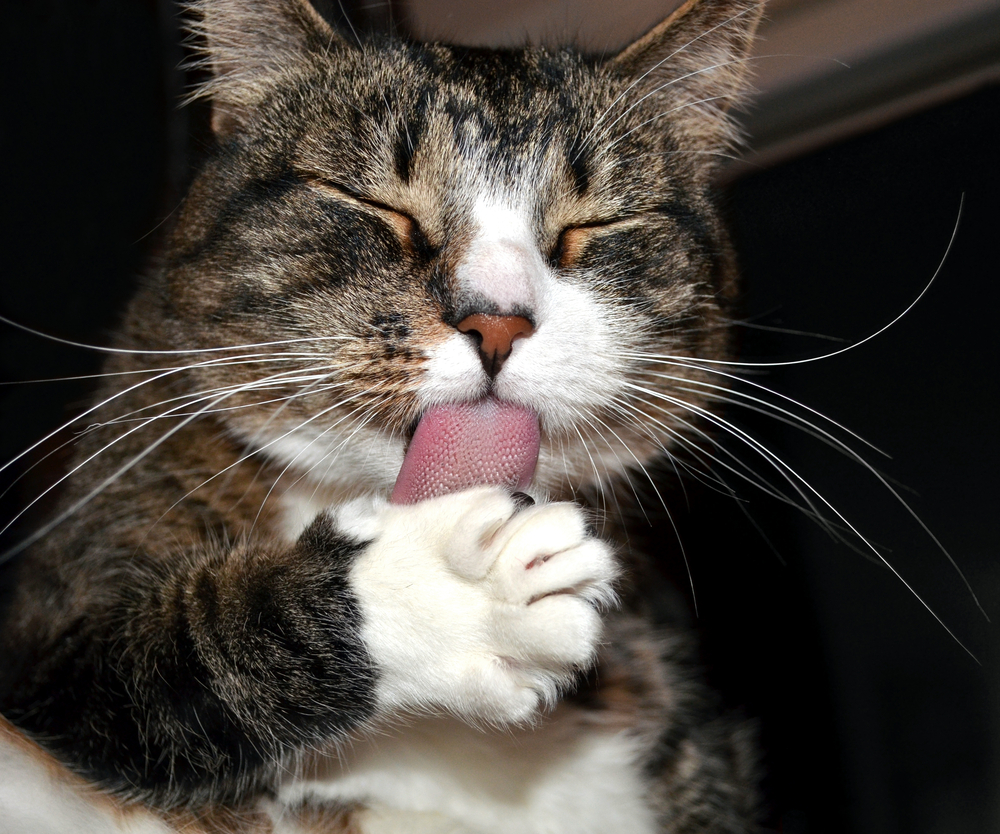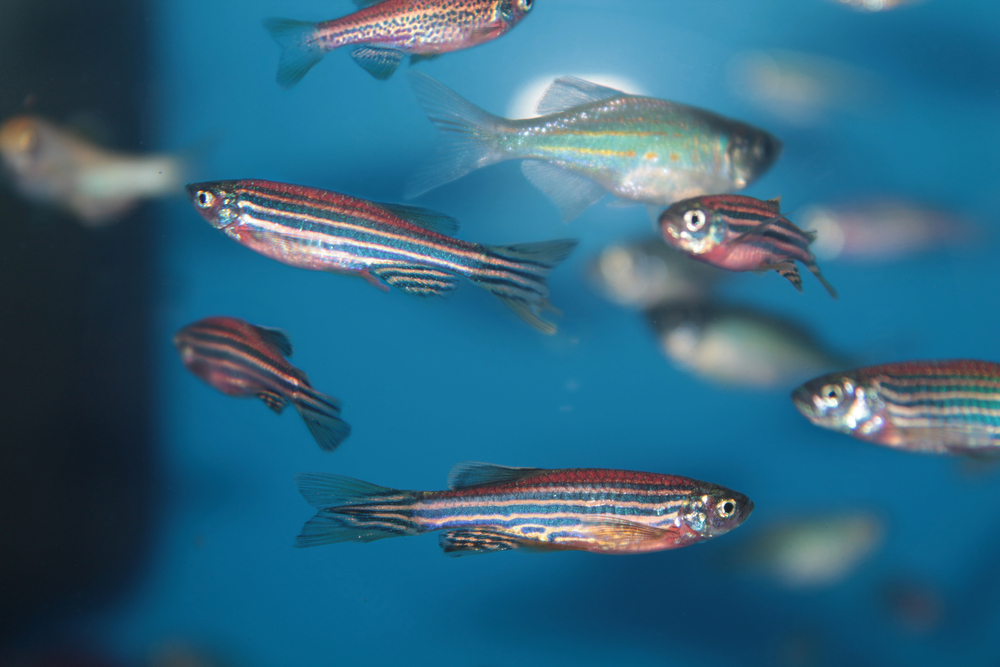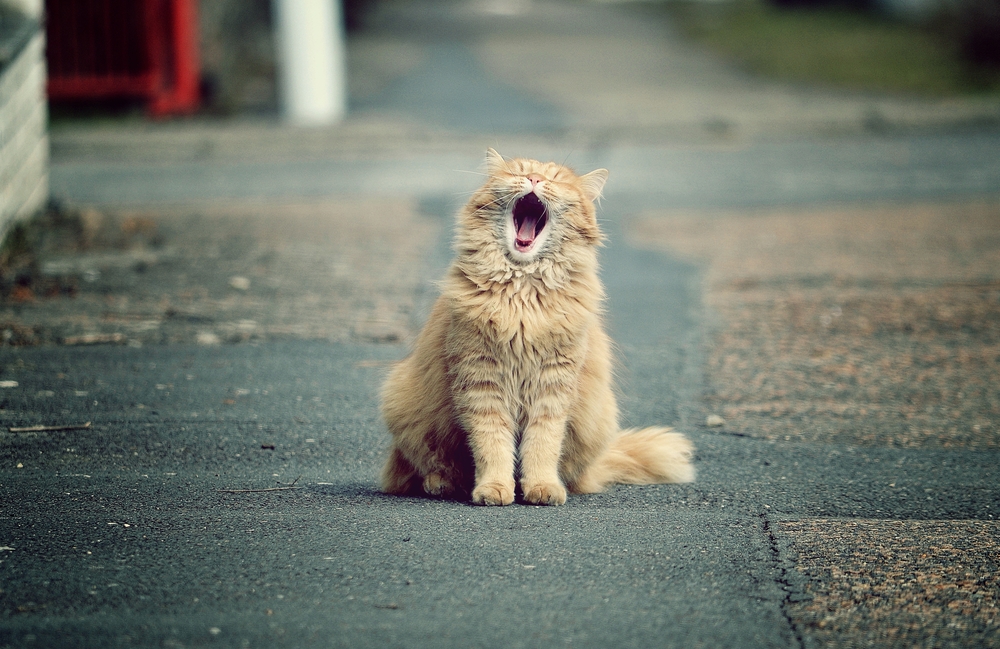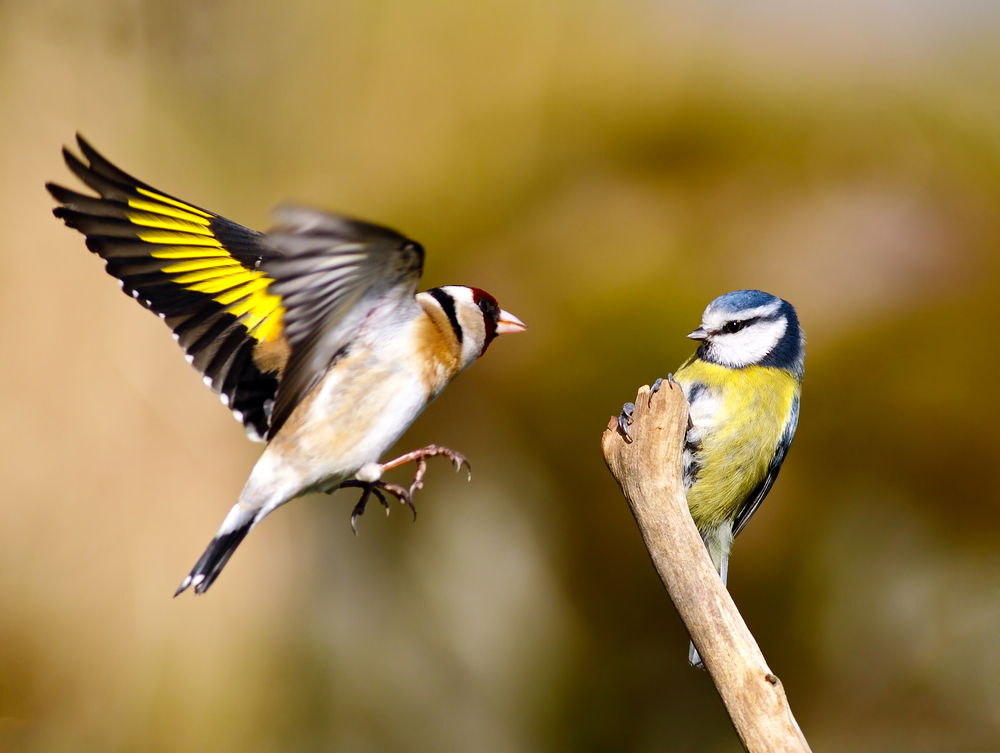Why colourful bird feathers never fade
Imagine a future where colourants were nearly fade-resistant, on top of being far more sustainable and environmentally friendly. In this scenario a coat of paint could last a lifetime and red sweaters would never dye socks and undies pink. Well thanks to University of Sheffield researchers, an X-ray scattering machine at the ESRF facility in … Continued
Exploring the extreme biology of being afraid
Halloween is right around the corner and whilst this spooky holiday brings a welcome chance to tip the fear-o-meter for us humans, not many other species seem to enjoy being afraid like we do—as far as we know. Today’s version of Halloween—the one with costumes and trick-or-treating—is far different than the 2,000-year-old Celtic festival of … Continued
The secret language of plants
The evidence is mounting that as a species we are uniquely horrible listeners. But by being self-absorbed, we may be missing a lot of what’s going on around us including—it seems—plant chatter. Susan Dudley, an evolutionary ecologist from Ontario’s McMaster University has been studying the unique behaviour of flora for nearly three decades, but even … Continued
Drunken Monkeys! Booze-loving primates proven to seek out high-alcohol nectar
Some primates actively seek out the booziest treats they can find, and tolerance to alcohol may even have given a few species an evolutionary edge over their lightweight cousins, according to a new study. In tests conducted by researchers at Dartmouth College in Hanover, New Hampshire, aye-ayes, a little loopy looking lemur species from Madagascar, … Continued
Shark researchers race to name new species before they are lost to science
A team of researchers from the Pacific Shark Research Center in California is racing to name newly-discovered species before they are wiped out by overfishing. The Center’s director Dr. David Ebert and graduate students Jessica Jang, Kristin Walovich and Victoria Elena Vásquez have turned to the crowdfunding site experiment.com in search of backing for their … Continued
Cities: Evolutionary hot-spots for wildlife
When it comes to field visits, animal biologist and professor at Fordham University Jason Munshi-South doesn’t travel too far. In fact, his research sometimes takes him just as far as his backyard. ‘Our field sites are literally right outside our homes and universities,’ he explains, ‘I can squeeze in some trapping or other sampling in a city … Continued
Wanted: volunteers to study penguins in Antarctica
Yesterday saw the launch of a new phase of Oxford University’s PenguinWatch, an ambitious project that began in 2014 and is aimed at recording the fortunes and monitoring the activities of Antarctica’s penguin colonies. However, for ‘PenguinWatch 2.0‘ to work properly, the British scientists need your help. By collaborating with a penguin census that has … Continued
New study reveals intriguing information about inquisitive UK fish
The discovery of distinctive face markings on one of the UK’s most charismatic and inquisitive fish has enabled an underwater photographer to reveal intriguing new information about its behaviour. Paul Naylor has been studying tompot blennies for many years, undertaking more than 100 dives at particular spots in Devon. He recently discovered, thanks to his … Continued
Astronaut returns to Earth younger and taller than twin brother
If Albert Einstein is correct—and let’s face it, recent discoveries have proved that he has been right about pretty much everything so far—Scott Kelly is now slightly younger than his identical twin Mark. Not because he was born six minutes later (because, of course, identical twins are conceived at precisely the same time, regardless of … Continued
Bees on the pill: Anarchy in the hive
It’s well known that, in the complex dynamics of a bee hive or an ant nest, female workers sacrifice their capability to have offspring in order to help the queen (their mother) reproduce, and it’s only when the big mumma dies that another bee or ant steps up to become the royal mother, almost magically … Continued
Exploring the extreme resourcefulness of animals that live at the 'dry limit of life'
As far as we know, water is fundamental to all life on this planet. But there are places on Earth that receive as little as 0.76 mm of rainfall a year and have no open freshwater sources. To live in these extremely arid environments, evolution has favoured those able to adjust to life with little water, … Continued
The world biggest pharmacy? The rainforest!
Simply put, the Amazon rainforest is one of our world’s greatest ecosystems. Encompassing over a billion acres of precious ancient growth forests in Brazil, Columbia, Venezuela, Ecuador and Peru, the rainforest is often called the lungs of the planet, generating about a quarter of the world’s fresh oxygen supply. The Amazon Basin holds one-fifth the … Continued
Researchers revive Antarctic moss piglets frozen after a three-decade long nap, and they’re really, really cute
Cryobiology, the study of biological materials that undergo moderate hypothermia to deep-freeze conditions, has long been considered a potential route to human immortality, but some microorganisms are already masters of the trick. In the spring of 2014 scientists with Japan’s National Institute of Polar Research decided to test the limits of frozen-life, resuscitating three microscopic … Continued
Animals seemingly self-regulate population size through portion control
Researchers show animals aren’t necessarily as resource-greedy as previously thought, in part thanks to maternal diets during pregnancy. For quite some time now biologists have known that the environmental conditions a mother is exposed to during pregnancy can have important and long-lasting effects on her offspring. Genetically speaking, these factors are called maternal effects—conditions where … Continued
How to beat pet homelessness—an easier solution than first thought?
American researchers conduct a first-ever look into the problem of pet homelessness in the United States and find that reducing the number of pets being rehomed—over a million cats and dogs annually—may be easier than it seems. While there’s been plenty of work studying the saga of abandoned pets, most have documented events post-surrender, meaning the factors that … Continued
The mightily pleasing world of mushroom plastics
Fungi are already pretty special critters, but now researchers, engineers, and big businesses are working together to add new planet-saving tricks to the fungal repertoire. Simply put, if the Kingdom Fungi didn’t exist, we likely wouldn’t either—nor would the planet we know and love. It may sound like a rather nasty job, but the fungi … Continued
Island toad population cleared of killer amphibian fungus
A deadly fungus that has been decimating amphibians worldwide for decades has been eradicated from an island population of wild toads, thanks to a breakthrough study. Chytridiomycosis—the infection caused by the chytrid fungus—is considered by the IUCN to be the worst disease to affect vertebrates in recorded history, in terms of the number of species … Continued
Siberia’s Tungsuka Event, the unexplainable explosion 1000 times greater than an atomic bomb
‘It was like the sky opened up and split in half. I put my hands in front of my eyes and I could see the bones in my hands.’ The name of the Evenki tribeswoman—who thus described the enormous explosion that rattled the earth and tore the sky asunder above Vanavara in Siberia shortly after … Continued
The bigger and more urban the bird, the more human-tolerant it’s likely to be
Some wild species are more tolerant to humans than others and researchers want to know why so conservationists can determine which animals may need our help in the face of inevitably increasing human expansion encounters. Ecologically speaking, humans are the ultimate invasive species, and the larger our global population grows the more we impede on … Continued
These unfortunate animals are 'traitors' to their kind (but we're the real ones to blame)
While many of us aren’t overly fond of our 9 to 5, these animals take the cake for worst job ever—and have one of the most unappealing titles to go along with it. For centuries Judas animals, an individual creature isolated from its social herd and used to control the larger group, have been employed by shepherds, farmers, … Continued
Cat’s 'picky' culinary preferences likely genetic
Researchers find that carnivores have retained bitter taste receptors—even those that have evolutionarily lost the ability to distinguish sweet flavours. While us humans savor food on many levels, most people forget that a big part of our partialities come down to our individual taste buds. Though it’s long been thought that the ability to distinguish … Continued
Freshwater fish and amphibians have an enzyme that acts like night-vision goggles
Researchers uncover an enzyme that allows various marine species to see a much wider range of light than us humans — from the blue-greens of marine environments to more cloudy, infrared inland streams. For nearly a hundred years researchers have known that fish and amphibians have an unreal ability to fine-tune their visual abilities to … Continued
Turns out your cat is a miniature lion but don't worry, it's not out to kill you. We think
This may be shocking news to cat lovers everywhere, but we know virtually nothing about feline personalities. While there’s been 150 studies into the specifics of primate personalities, and 51 concerning candids, to date there’s only been 20 to query this aspect of cats and most have focused on domesticated subjects only. This is especially … Continued
Dingoes and Aboriginal Australians have likely been tight from the start
For over thirty years now researchers have been trying to explain changes in the Australian archaeological records from around 5,000-years-ago, when people suddenly began using new tools, eating harder to process foods, and hunting a wider array of animals. While many would like to think these developments were the result of increasing human ingenuity, people like Jane … Continued
Britain has got bigger, at least for its birds
It seems Britain has got a little bit bigger over the past 15 years, at least for its birds. A new study has shown that many of the country’s bird populations have significantly expanded their range in response to the new environmental conditions climate change is bringing about. The report—published in the scientific journal Bird … Continued
The reason elephants don't get cancer
Elephants very rarely get cancer, a long known fact now attributed to the pachyderm’s 20 modified copies of a gene us humans have just one of, the tumour suppressor gene, p53. Joshua Schiffman, a paediatric oncologist at the University of Utah’s High Risk Paediatric Cancer Clinic and researcher at the Huntsman Cancer Institute, was first inspired … Continued

